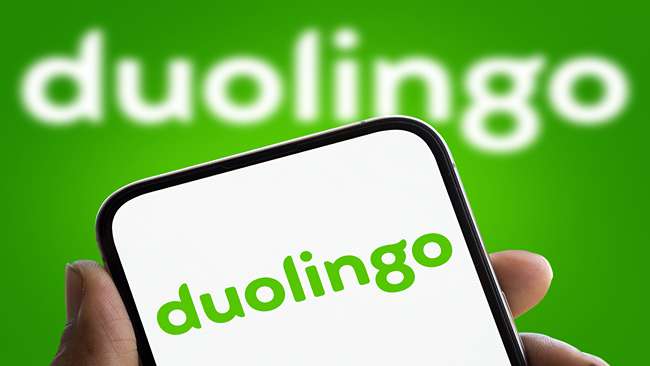Duolingo Stock Swings After GPT-5 Demo

 Duolingo GPT-5 news made headlines as the company’s stock surged after strong quarterly earnings, reflecting rising demand for online language learning technology. But momentum shifted when OpenAI unveiled GPT-5, sending shares lower.
Duolingo GPT-5 news made headlines as the company’s stock surged after strong quarterly earnings, reflecting rising demand for online language learning technology. But momentum shifted when OpenAI unveiled GPT-5, sending shares lower.
This moment has sparked fresh debate about the role of AI in translation, the rise of advanced language learning technology, and the future of the translation industry.
AI’s Growing Influence in Language Learning
GPT-5’s enhanced conversational skills, contextual awareness, and real-time translation features could transform how individuals and businesses learn languages. These advancements make AI-powered lessons more adaptive and engaging, accelerating changes in digital learning tools.
Why Human Translators Still Matter
Despite AI’s progress, professional translation services remain essential for accuracy, cultural nuance, and industry-specific expertise. In legal, medical, and creative fields, a mistranslation can have serious consequences. Human translators ensure the right tone, terminology, and cultural sensitivity—qualities AI alone cannot fully replicate.
Blending AI Efficiency with Human Quality
For translation companies, AI offers opportunities to streamline workflows, speed up first drafts, and manage terminology databases. However, final translations benefit from expert review to maintain precision and quality. The most competitive agencies will adopt a hybrid translation approach, combining AI’s speed with human oversight.
Conclusion
The Duolingo–GPT-5 moment signals an exciting but complex future for language services. Businesses that strategically integrate AI while preserving human expertise will thrive in global markets.
Discover how we combine cutting-edge technology with skilled linguists to deliver accurate, culturally relevant translations. Contact us today to discuss your project.
Read the original news report on Yahoo Finance.
